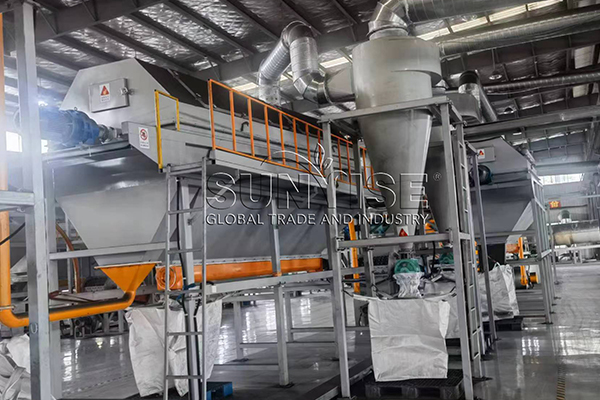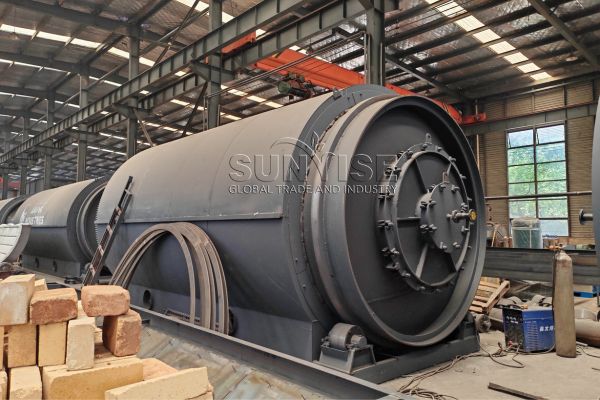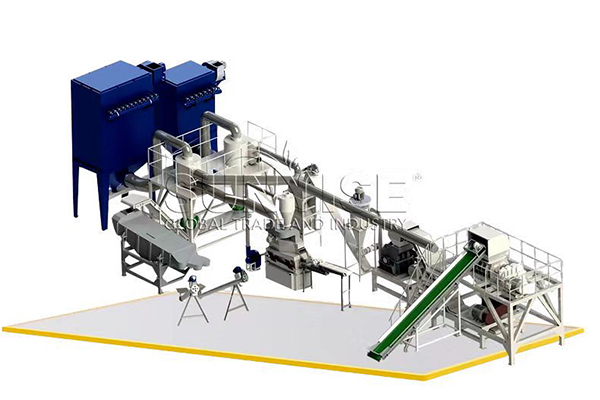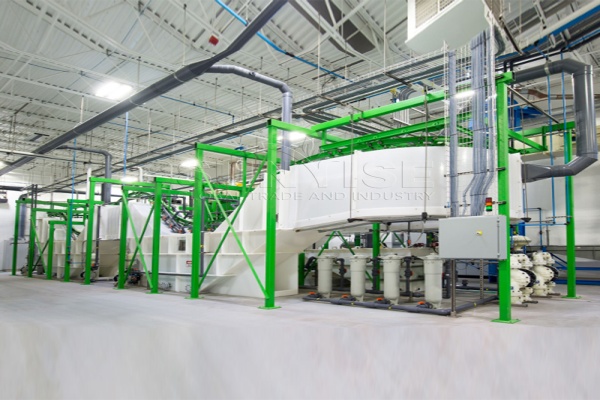E-Waste recycling is the process of downsizing various types of electronic and electrical waste to liberate metals and sort these from the organic materials like plastic and rubber for the purpose of reusing the materials. The most sought-after resources are ferrous and non-ferrous metals like aluminium, brass, and copper as well as precious metals like gold and silver.
The design of an e-waste recycling production line requires a comprehensive approach that incorporates various engineering principles and advanced technologies. The goal is to efficiently recover valuable materials while minimizing environmental impact and ensuring worker safety.

Initial Assessment and Planning
Before designing the production line, a thorough assessment is necessary to understand the types and volumes of e-waste to be processed. This includes identifying the most common devices, such as smartphones, laptops, televisions, and other electronic devices. A feasibility study and environmental impact assessment are also crucial at this stage.
Design Layout and Workflow
Facility Layout
The facility layout should be designed for optimal workflow and safety. The production line should be divided into specific zones:
Receiving and Sorting Area: For initial sorting and categorization of e-waste.
Dismantling Area: For manual or semi-automated disassembly of devices.
Shredding and Separation Area: For mechanical processing.
Chemical and Thermal Processing Area: For advanced material recovery.
Storage Area: For storing recovered materials and hazardous substances.
Workflow Design
The workflow should be linear to minimize cross-contamination and ensure efficient processing. The layout should facilitate easy movement of materials and equipment, with clear pathways and safety zones.
Environmental and Safety Considerations
Environmental Controls
Air Filtration Systems: Capture harmful emissions.
Water Treatment Plants: Treat wastewater.
Waste Management Systems: Dispose of non-recyclable waste safely.
Safety Protocols
Safety Training Programs: Regular training on e-waste handling.
Emergency Response Systems: Fire suppression, emergency showers.
Continuous Improvement
Contact Us





